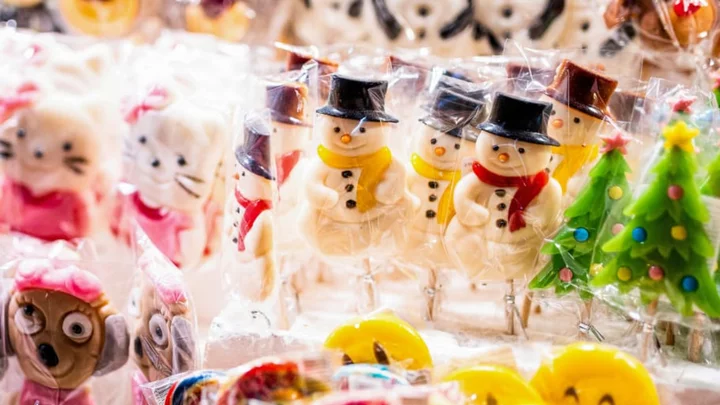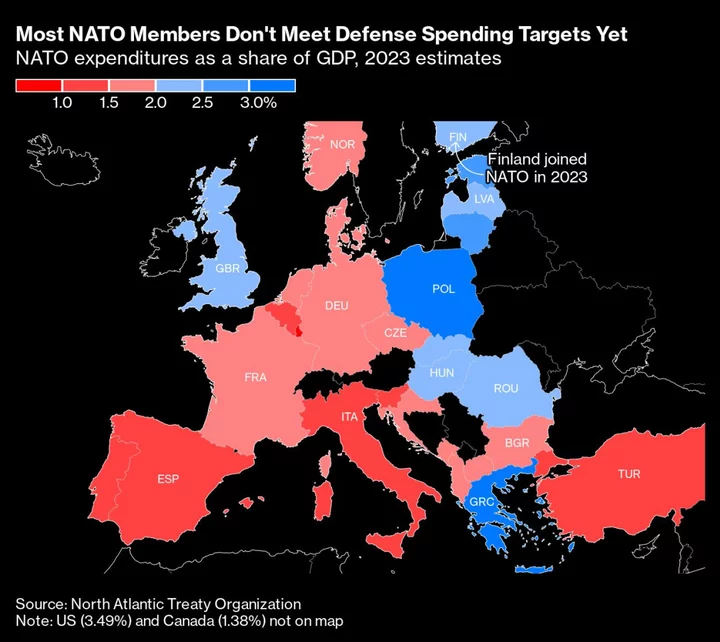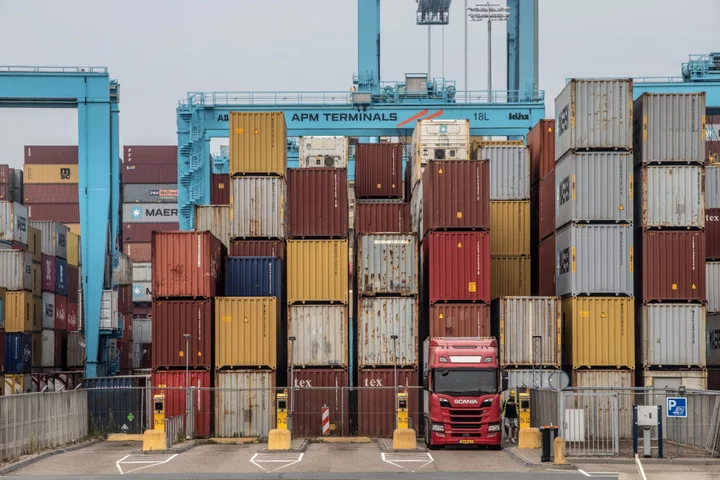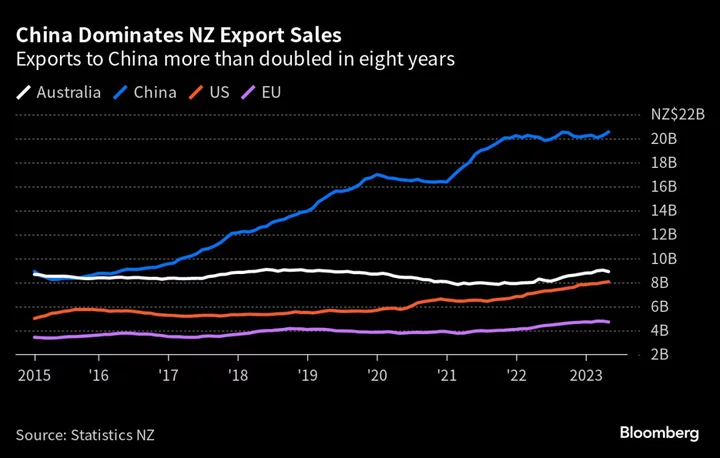Even before Halloween officially wrapped this year, consumers were catching glimpses of gingerbread houses and chocolate Santa Clauses. This so-called “Christmas creep” has been on the rise in recent years, and while it may seem like retailers are jumping the gun, there are a number of good reasons holiday candy arrives early.
According to the BBC, the chief driver is a rabid consumer appetite. Shoppers are happy to begin scooping up holiday goods in October and November, eat them, and then come back for second (and thirds) as Christmas approaches. Confectioners are all too eager to accommodate demand.
But there’s a logistical motive, too. Many candy manufacturers purchase premium retail space. If they want ideal placement—at eye level, say, or near the front of the store—they need to pay for the privilege. Once they have that real estate, they want to maintain it. Having a dry spell between Halloween and Christmas won’t do, so once the bite-sized Snickers are gone, candy canes and chocolates in festive wrappers are brought in.
While it may seem like a contemporary trend, “Christmas creep” has been going on for decades. One major milestone was President Franklin D. Roosevelt’s decision to move Thanksgiving up a week in 1939 to give retailers an extra week of holiday shopping revenue. The decision was widely criticized—some dubbed it “Franksgiving”—and Thanksgiving settled into the fourth Thursday of November.
Still, stores are stretching the season as much as they can to maximize sales. According to the National Confectioners Association, Americans spend $4.9 billion a year on holiday treats. Top sellers for holiday candy can vary by state. Iowa and Idaho, for example, lean toward M&M’s, while Texas and Washington prefer Reese’s Cup Minis.
This article was originally published on www.mentalfloss.com as Christmas Creep: Why Holiday Candy Is Already Everywhere.









